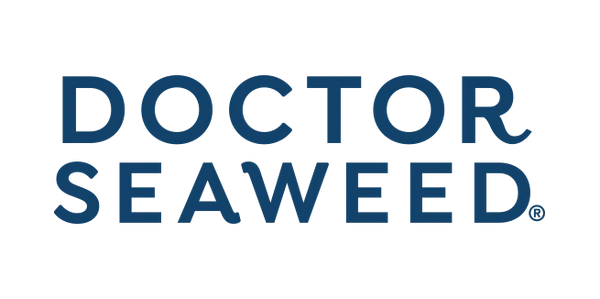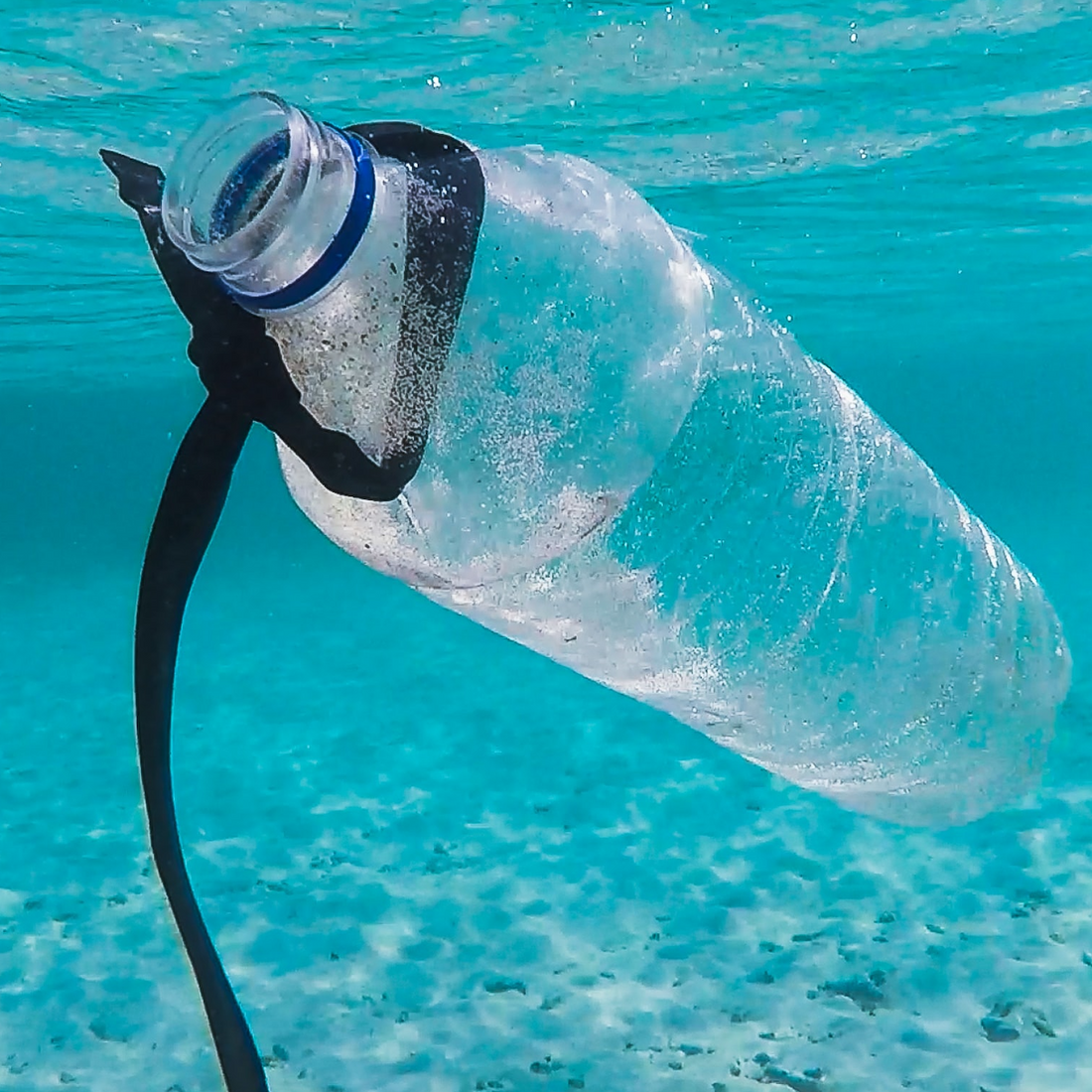From plastic prevention to protecting our coastlines, we can all do our bit to support sea welfare
Climate change is the greatest crisis of our times, with factors like deforestation, urbanisation and, of course, the burning of fossil fuels, causing significant and rapid shifts in the Earth’s temperature. But while much of the focus of climate change is based on land issues, our oceans are of equal, if not greater, importance when it comes to supporting the world around us.
The ocean accounts for 71% of the Earth’s surface, so protecting our seas is one of the most important steps in supporting the environment as a whole.[1] We all have a part to play in looking after the ocean.
12 million tonnes of plastic enter our oceans every year

The statistics about plastic pollution are both staggering and terrifying in equal measure. OSPAR reports that around 8 million pieces of plastic make their way into our oceans every day,[2] while 12 million tonnes of plastic are poured into the ocean every year.[3] That’s enough to cover every coastline on the planet. As well as creating huge amounts of non-biodegradable rubbish, this onslaught of plastic can also prevent marine animals and plants like seaweed from doing their job in supporting the sea.
So it’s clear that ocean plastic pollution is one of the biggest threats to the global health of our seas, but there are ways we can all help to reduce the amount of plastic entering the ocean. It starts with reducing the consumption of single-use plastics, opting instead for reusable shopping bags, reusable coffee cups and non-plastic straws. You should also recycle properly, as currently only 9% of plastic is recycled worldwide.[4]
You can also spread the word by supporting organisations like the Oceanic Society, Plastic Pollution Coalition and Algalita.
Sea life has a vital role to play in the health of our oceans
But the health of the sea isn’t all about plastic. It’s also about ensuring that sea life is able to play its part in sustaining the ocean’s natural ecosystem. Marine creatures rely on krill, algae, phytoplankton and seaweed as key sources of nutrients, and once they’ve consumed these nutrients, marine creatures are responsible for transporting them farther afield through their migrations. [5]
This creates a natural, interdependent relationship between fish and their environment. Fish need the right conditions for growth, reproduction and survival, and in turn they work to maintain the seas around them and provide vital nutrients.
Supporting the coastline is key
In order to help fish serve their purpose within the ecosystem, we need to support our coastlines. Sustainable fishing and marine plant harvesting are absolutely essential to maintaining the health of our oceans. The United Nations reports that around 85% of marine fish stocks are either exploited or overfished,[6] so coastal projects that practice sustainable harvesting of marine life are more important than ever – especially because 3 billion people around the world rely on wild-caught or farmed seafood as their primary source of protein.[7]
Those of us living at the coast can get directly involved in the movement to protect our coastlines, taking part in local clean up projects and events. However, even for those living in-land, there are still vital steps you can take. The most powerful thing you can do is to ensure you are buying fish and other sea produce from sustainable sources. Be smart when you shop, investing in brands that support the sustainable fishing movement.
Seaweed is more important than many realise
We’ve touched on seaweed a couple of times already, but it’s important to highlight just how vital this humble marine plant can be when it comes to supporting the environment.
Seaweed operates in the same way as land plants – absorbing carbon dioxide and emitting oxygen. In this way, the protection of seaweed is just as important as the protection of our woodlands and rainforests.
However, there’s even more to seaweed. Kelp, for example, is estimated to soak up 600 million tonnes of carbon every year in order to support its rapid growth.[8] This contributes to the fact that seaweed is responsible for producing around 70% of the total oxygen on the planet.[9]
This is thanks to a process known as carbon sequestration, in which seaweed stores away carbon and produces vital biomass. Climate experts are increasingly exploring the potential of carbon sequestration for battling climate change. Meanwhile, seaweed is also key for fighting the acidification of the ocean, reducing coastal erosion, clearing waterways by absorbing excess nutrients, and housing and protecting marine life.
Final thoughts
There is no battle against climate change without an effort to protect the sea. From reducing our dependence on single-use plastics to supporting brands that are environmentally conscious in their fishing and harvesting, we all have a part to play in improving the health of our oceans, and securing our environment for future generations.
Doctor Seaweed’s Weed & Wonderful capsules use organic seaweed sustainably wild-harvested from the pristine waters of the Scottish Outer Hebrides. Each 500mg capsule contains as much natural iodine as three whole mackerel, allowing our products to support normal thyroid function, cognitive function, metabolism and more.
By choosing to buy our supplements and make yourself healthier, you're also helping support the planet to become healthier too.

